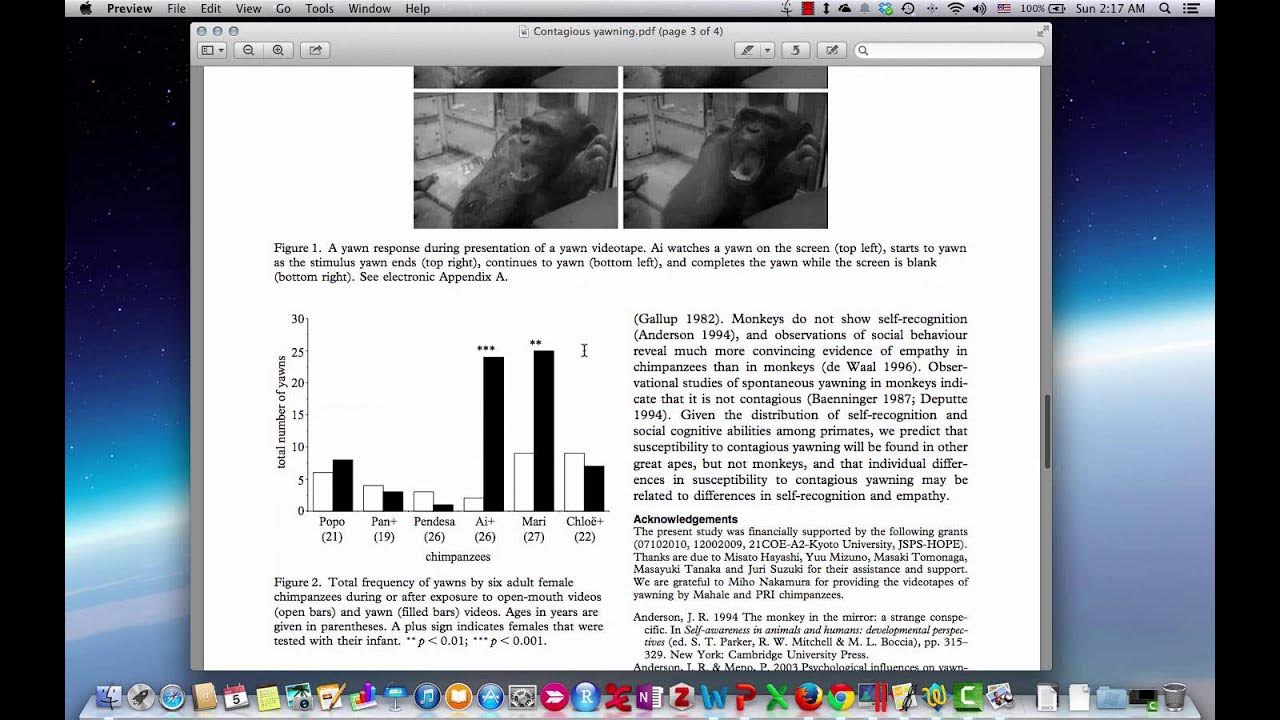Tutorial Mencari Referensi Akademik yang Berkualitas
Summary
TLDRThis video provides a comprehensive guide to finding and evaluating quality academic references using Google Scholar. The speaker explains how to effectively search for relevant articles by using precise and international keywords, as well as combining related terms to broaden search results. Key tips for evaluating reference quality include prioritizing journal articles, focusing on recent publications, and ensuring the sources are indexed in reputable databases like Scopus or Web of Science. Additionally, the speaker advises avoiding preprints and sources from social media while highlighting tools like 'related articles' and 'cited by' features to expand your reference list.
Takeaways
- 😀 Use Google Scholar to find academic references, as it filters out non-academic content like news or e-commerce websites.
- 😀 Make sure to use relevant keywords in international languages (usually English) to get broader, more global results.
- 😀 Avoid overly specific search terms that might limit your results. Use broader keywords and related terms to increase your chances of finding relevant references.
- 😀 Prioritize scholarly journals, as they often undergo peer-review processes that enhance the credibility and quality of the articles.
- 😀 Prefer publications from the last 5-10 years to ensure the research is recent and relevant. Older articles might be outdated.
- 😀 Check if the journal or conference is indexed in Scopus or Web of Science to ensure its global credibility and quality.
- 😀 Avoid using preprints, as they have not undergone peer review and may lack the necessary scrutiny.
- 😀 Do not rely on articles that are only available on research social media platforms, as they might not be properly reviewed.
- 😀 Use Google Scholar's 'Related Articles' and 'Cited by' features to find more references related to your initial article, expanding your research base.
- 😀 When searching for references, try searching for variations of your keywords and related terms to get a broader range of results.
- 😀 Be cautious when checking if a journal is credible by examining its website and reviewing the indexing status to confirm whether it’s in reputable databases like Scopus or Web of Science.
Q & A
What is Google Scholar, and how does it differ from regular Google search?
-Google Scholar is a specialized search engine that only returns academic papers and scholarly articles, unlike Google, which includes a wide variety of non-academic content like e-commerce websites and news sources.
Why is it important to use international keywords when searching for academic references?
-Using international keywords, typically in English, ensures that your search results are globally relevant, which is crucial for accessing a broad range of scholarly work, especially in fields that are researched internationally.
What is the importance of using related keywords during an academic search?
-Using related keywords helps expand the search and find studies that are conceptually close to your topic. This increases the chances of discovering relevant research that may not be indexed under the primary keyword.
What could happen if you use overly specific keywords in Google Scholar?
-Using overly specific keywords can lead to very few or irrelevant results. It's important to balance specificity and breadth to ensure a comprehensive search.
What type of academic publications should be prioritized when looking for high-quality references?
-Peer-reviewed journal publications should be prioritized because they undergo rigorous review processes, ensuring higher reliability and credibility of the research.
How recent should the academic references be for a research project?
-Ideally, references should be from the past 5 to 10 years to ensure the research is current and relevant. Older publications may no longer be valid or reflect the latest developments in the field.
What is the significance of checking if a publication is indexed in Scopus or Web of Science?
-Publications indexed in Scopus or Web of Science are generally regarded as more credible due to their global recognition and the rigorous standards for indexing in these databases.
How can you verify if a journal or conference is indexed in Scopus or Web of Science?
-You can check the publication's website for details about indexing. Look for terms like 'Scopus indexed' or 'Science Citation Index' to confirm the journal or conference’s inclusion in these databases.
What is the risk of using preprint publications as references?
-Preprints have not undergone peer review, which means their quality and accuracy may not be guaranteed. It is safer to use peer-reviewed sources for academic research.
Why should you avoid using references that are only available on researcher social media platforms?
-References that are only available on social media platforms may not have been properly reviewed or validated. They lack the academic scrutiny that is typically applied to articles published in peer-reviewed journals or indexed conferences.
How can Google Scholar's 'related articles' and 'cited by' features help with finding quality references?
-Google Scholar’s 'related articles' feature allows you to find papers similar to the one you're reading, expanding your reference list. The 'cited by' feature shows you other papers that have cited the article, which can help identify influential research that may further enrich your study.
Outlines

This section is available to paid users only. Please upgrade to access this part.
Upgrade NowMindmap

This section is available to paid users only. Please upgrade to access this part.
Upgrade NowKeywords

This section is available to paid users only. Please upgrade to access this part.
Upgrade NowHighlights

This section is available to paid users only. Please upgrade to access this part.
Upgrade NowTranscripts

This section is available to paid users only. Please upgrade to access this part.
Upgrade NowBrowse More Related Video

Tutorial Menggunakan Mendeley Versi Terbaru (Tutorial Lengkap Bodynote-Daftar pustaka di Mendeley)

How To Rank Website No 1 On Google | My SEO Working Tricks 2025 | LIVE DEMO

Finding online sources for your research paper

Cara menggunakan mendeley pada microsoft word | Tutorial mendeley lengkap | Indonesia

Mencari Jurnal dengan Litmaps Google Scholar Zotero

Comparación entre GOOGLE ACADÉMICO y SCOPUS - Aprender a investigar
5.0 / 5 (0 votes)